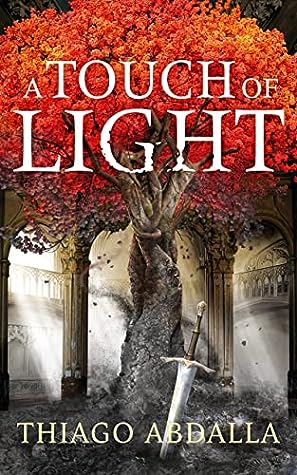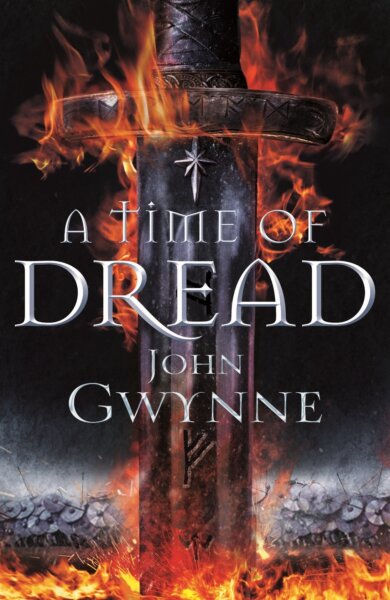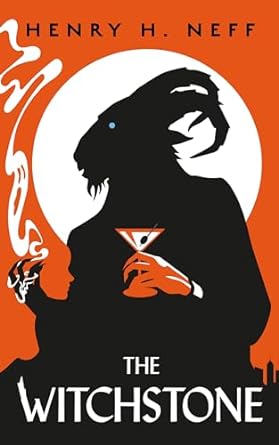
A touch of light
High-fantasy book review
Actual rating 2.5
While competently written, the fantasy book A Touch of Light just failed ever really catching my interest. I think there are several reasons for this and I’ll start with the characters.
The characters are solidly constructed, given decent personalities, individual motivations, a fair bit of complexity, but they’re not likable. Not because they’re amoral, but because they’re incessantly grim and joyless, endlessly suffering their own personal burden. They don’t form positive attachments, they don’t have positive interactions for most of the book, and they are full of acrimony for themselves (guilt), or their situation (racism), or a collection of other smaller things. The end result is that these characters just aren’t fun to read.
Of the characters, I found Nasha the most compelling as she is given some of the few positive narrative progressions (climbing social ranks) which evolves to threaten one of the few positive(ish) interpersonal relationships in the book. (Each of the main character’s has one interpersonal relationship, but Nasha’s is the only one that is dynamic and permits her to help/interact in a meaningful way with her supporting character.) Her personal journey also progresses and improves, again rewarding investment in her as a character.
I found Lynn all right, but largely joyless until the climatic conflicts of the book. Her relationship with her supporting character also didn’t result in many meaningful scenes of interactions until the end of the book.
I found Adrian the worst. His primary character motivation (saving Myrrha for eventual resurrection) fails to invest me in him, not the least because the author never convinced me that the Seraphs return was an actual guarantee as opposed to just religious control. The need to save Myyrha also repeatedly drives Adrian to rash actions, mistakes (the narrative is not kind to him in this regard, he blunders repeatedly) and constantly pervades his chapters until he ends up reading manic and borderline insane. This resulted in a character I just didn’t trust on any level, not to succeed and not to not turn on me and become an antagonist.
The world building for this fantasy book is decent, but a significant amount of it is dedicated to various cultures’ religious themes/ religious elements in general, which are all ambiguous as to what can be taken literally or merely part of the thematic religious conflict between faith/atheism that color much of the narrative and characters.
My last major criticism is for the ending of the book, and somewhat the rest as well: the author abuses the concept of subverting expectations. There’s always a twist, taking some victory and turning it sour, a betrayal, an assassination etc. It happens over and over again, including in all three of the main character’s ending chapters, one after another. To start, this repetitive and thus predictable (defeating the purpose behind the archetype) but also never allows the reader settle into the story because the rules, threats, pressures, situation is always changing. At a glance this might seem like a positive (never knowing what to expect) but the book had no foundation/central core around which all of this changed: even the character motivation changed and evolved (without anything being achieved) so there was no narrative for the readers to invest and thus get an emotional pay off for reading. There was one pay off in the entire book, and that was Vedyr’s return. Everything else was subversion, poisoned apple, or failure.
This high-fantasy book can be bought at Bookshop.org
If you enjoyed this review, consider subscribing so that Adventuresome Book Reviews goes directly to your email.
Help other readers find books to read via sharing Adventuresome Book Reviews. We specialize in indie/small press publications.



